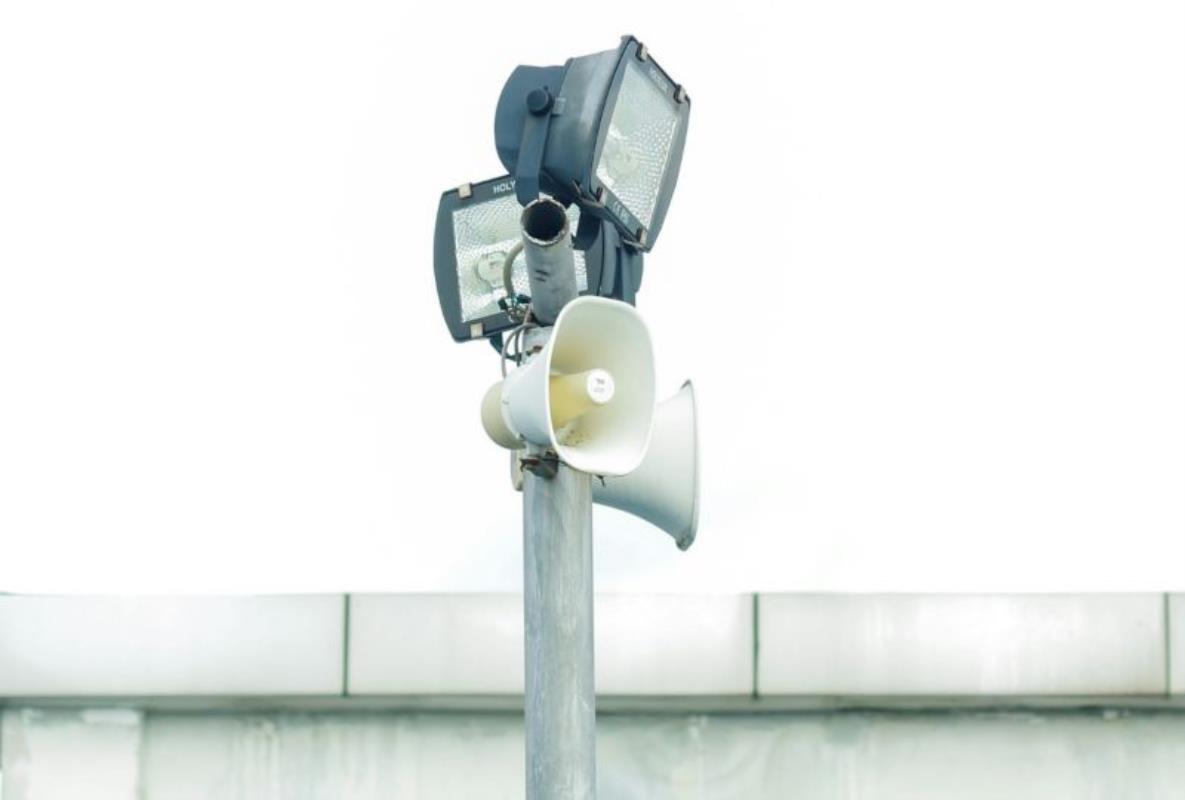
LANDLORDS who are charging rents inclusive of utility bills have been urged not to exploit the tenants after the government agreed to foot the utility bills for April, May and June, writes the GDN's Sandeep Singh Grewal.
To mitigate the impact of the Coronavirus Disease (Covid-19) on people and businesses, the government last month announced it would shoulder the utility bills for the three months for all accounts.
The measure was part of a BD4.3 billion financial stimulus package aimed at offsetting the impact of the pandemic.
However, several real estate experts and tenants admitted there was still confusion over the issue, with some landlords lowering the rents while others continuing to charge as before.
“These are extraordinary times, with tenants’ salaries hit by Covid-19,” Bahrain Property Development Association (BaPDA) chairman Aaref Hejres told the GDN.
“Landlords who are charging rents inclusive of utility bills should adjust their rents; no one should take advantage of the current situation.
“In addition, businesses such as salons which have been closed for weeks should be given a discount on rents, but supermarkets and pharmacies booming during this period should not be asking to lower their rents.”
Mr Hejres said a tenant can easily move to another location by handing a month’s notice to the landlord and save money by paying a lower rent at the new place.
“Landlords will lose if they do not lower the rents or work out an agreement with their tenants during this unprecedented time.
“It all depends on the relationship between the two parties.”
Veteran real estate expert and Bahrain Businessmen’s Association board member Nasser Al Ahli also said it was all about trust and co-operation between the two parties rather than a legal binding agreement to compensate.
“For example, many landlords of residential properties have set a limit on the EWA (Electricity and Water Authority) bills at BD50 or BD100 monthly and anything beyond that the tenant pays,” he said.
“Under the present scenario, if the bill for April is, for example, BD70 that is paid by the government, the landlord should return the equivalent amount to the tenant or adjust this in the monthly rents.”
He said that between 60 per cent to 70pc of landlords understand the situation and have lowered the rents or adjusted them.
“Some have even voluntarily decided not to collect rents for a month to help their tenants.”
Bahrain Contractors Society board member Hisham Mattar said there was no clear mechanism that sets out the terms and conditions for landlords and tenants.
“I think there is confusion that authorities concerned need to clear.
“No doubt businesses and individuals are being affected by the pandemic, but from my point of view landlords should lower rents on commercial and residential properties for a limited period.”
He said landlords cannot profit by taking money from both the government and tenants related to the utility bills.
“Officials announced last month that all accounts will be covered for three months, but does that also cover labour camps that are under company or individual names?”
In addition to paying the utility bills, the government also exempted municipal fees for three months for all individuals and businesses.
It further exempted industrial land rental fees for all businesses for three months.
Meanwhile, international law firm Charles Russell Speechlys, which operates in Bahrain, said tenants should carefully consider their leases and seek to negotiate a fair and reasonable outcome with their landlords, adding until an outcome is achieved they should not breach the payment obligations in their lease.
“The Bahrain government’s decision to waive electricity and water bills has given rise to a number of enquiries by landlords and tenants,” said senior association Reem Al Mahroos.
“Whether a tenant will be entitled to a rent reduction will depend on the terms of their lease.”
She said the position was relatively straightforward where rent was exclusive of utilities and/or the tenant is required to reimburse the landlord separately against each utility invoice.
“In these circumstances, whilst there is no reduction to the rent, the tenant will directly benefit from the government waiver in relation to its obligation to pay for utilities.
“On the other hand, if rent is inclusive of utilities or where fixed payments are made on account of utilities then the terms of the lease will need to be considered in more detail.”
In cases where the rent is inclusive of utilities up to a certain percentage of the rent or a cap and require a landlord to reconcile based on actual use.
“In these circumstances, a tenant may be entitled to a rent reduction, reimbursement or credit where the actual use is below the agreed percentage or cap.
“However, where the actual use is above the agreed percentage or cap then the tenant would be obliged to cover the difference.”











































































